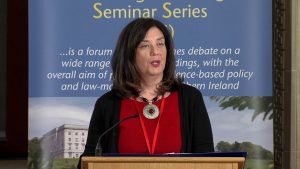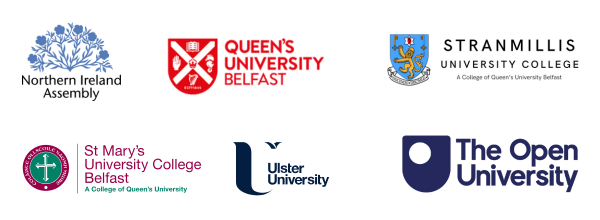
Languages in Primary Schools in Northern Ireland
Dr Sharon Jones (Stranmillis University College) – The current deficit in skills in modern languages is economically detrimental (Foreman-Peck and Wang, 2013), not least to the growth of the export base (Northern Ireland Chamber of Commerce, 2014). Evidence suggests that learning a modern language should begin at primary school (Lenneberg, 1967; Jones and Coffey, 2006) as this increases self-esteem, enthusiasm,

Transition from Primary Language Programmes to Post-Primary Language Provision
Mr Ian Collen (QUB) – As in England, entries for GCSE and A-level languages in Northern Ireland have declined annually since 2004 (CCEA/JCQ). To redress this decline, languages are now compulsory from Primary 5 to Primary 7 in England. In Scotland, two languages will be compulsory at primary level from 2020. This has led to a focus in educational research

Inclusive Practice through Keyword Signing – Addressing barriers to accessible classrooms
Prof Kieron Sheehy (OU) – This presentation sets out evidence that having an accessible communicative environment is the core of inclusive educational practice, facilitating positive outcomes for diverse groups of learners (Sheehy et al. 2009). One effective communicate approach is keyword signing (KWS), which typically samples the manual signs of a country’s Deaf community. For example, British Sign Language is



